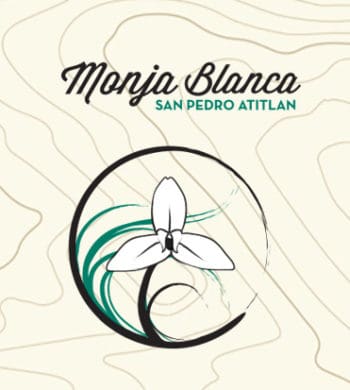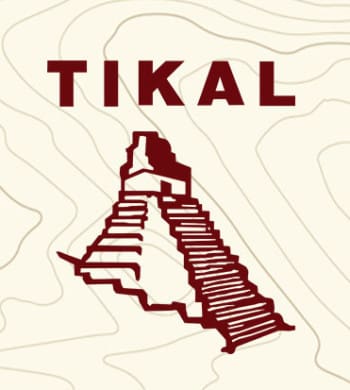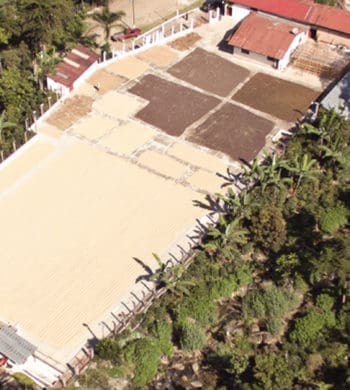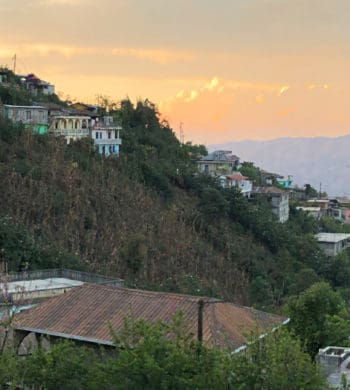Like many other Central American countries, coffee was introduced to Guatemala in the 18th century by European missionaries and by the middle of the 19th century, had become commercially important to the economy. Today, coffee is one of the country’s most important exports accounting for 40 percent of all agricultural export revenue. Although today Guatemala ranks only tenth in total volume among coffee producers worldwide, it is one of the most prominent origins in the minds of specialty coffee consumers.
Guatemalans call their country “Land of the Eternal Spring.” With its crisscrossing mountain ranges, diverse geography and dependable rains, the country has all the conditions necessary to produce sublime washed Arabica coffees.
Due to its long history as a coffee producer, Guatemala has developed sophisticated support networks for its producers. Anacafe (Asociacion Nacional del Café) is Guatemala’s national coffee association and was formed in 1960. Beginning in the early 1990s, Anacafe has worked to define the country’s coffee growing regions based on the unique flavor profiles, climate, soil and altitude.
Guatemalan coffees have a wide range of flavor profiles from rich and chocolaty to sweet, fruity and complex.



